John Cassavetes set the standard for independent filmmaking in America. A decade before American New Wave directors like Scorsese or Coppola reinvented the mainstream, Cassavetes was beginning to make films that differed completely from the studio system. Even in his first forays into film as an actor, Cassavetes set himself apart by rejecting the standardized techniques of his era, which focused on method acting, something that for him led to sentimental clichés. His alternative procedure focused on the creative joy of expression, to base performances on the characters and the masks they emanate when they interact with others. His directorial approach would eventually have this as its foundation: to find the little emotions that were not present in Hollywood.
Cassavetes and his wife Gena Rowlands would go on to collaborate with a set of actors that appeared in most of his films, which were self-financed and existed beyond the restrictions of studios and conventions of the time. His radical approach to filmmaking is today felt everywhere from early Scorsese to the Safdie brothers. The films presented on this list are the best of his career and represent a step forward in American cinema.
9 Shadows
In 1957, while promoting Edge of the City, a movie Cassavetes starred in with Sidney Poitier, at a radio show, Cassavetes claimed he could do a far better film with much less money. He pitched his ideas to the listeners and to his surprise, they sent over money, which along with funds provided by the director’s friends, made up the budget for Shadows, today considered the forerunner of the American independent film movement.
In his directorial debut, Cassavetes crafts a film born of improvisation and acting workshops following the lives of three African American siblings. Two of them are so light-skinned that the white characters in the film don’t initially see them as African American until they meet their brother. The film contrasts heavily with the tightly-scripted mainstream works of the time by approaching fiction as if it were a documentary, in which the lives of the characters resemble more the mundanity of everyday life rather than the big thrills and emotions of conventional cinema.
8 Faces
After Shadows, and a couple of directing jobs for big studios, Cassavetes saved enough money from acting to make a film free of all the restraints of corporate filmmaking. The result was Faces, the film that would jump-start the period in which his most important works would be made.
Shot in a cinema verité style, with long takes and naturalistic dialogue, Faces follows the disintegration of a marriage. It's shown through a series of situations the couple experiences both together and with their friends as they all face the inevitable weight of aging. The movie would go on to win two awards at the Venice Film Festival and receive two acting nominations along with one for Cassavetes’ script at the Academy Awards.
7 Husbands
Films such as the ones Cassavetes did, operating outside the mainstream, required enormous levels of intimacy and trust. Furthermore, they depended on the development of closely-bound human relationships, which were always the focus of his films. It's then obvious why his works featured the same group of actors: his wife and creative partner Gena Rowlands along with his friends Ben Gazzara, Peter Falk, and Seymour Cassel.
Husbands is one of those films in which these interpersonal relationships come to life on the big screen in an honest and raw fashion. The plot follows the friendship of three middle-aged men who struggle to deal with their lives and find comfort in male companionship. While some consider it to be among Cassavetes’ best, others panned it heavily, such as critics Pauline Kael and Roger Ebert, who found it offensive and misogynistic.
6 Minnie and Moskowitz
An important aspect of all the films in this list is that they are bound together by their respect and empathy toward the human condition. Despite them being very harsh and close to reality, they are at the same time very tender and comprehensive with their characters.
Minnie and Moskowitz finds Cassavetes at his softest, as he crafts a funny and heartwarming story that is equally sad. The film follows the improbable romance between Minnie Moore (Gena Rowlands) and Seymour Moskowitz (Seymour Cassel), as they find a resolve in each other and the passing of time.
5 A Woman Under the Influence
A Woman Under the Influence is arguably Cassavetes' finest hour. In her Academy-Award-nominated performance, Rowlands delivers a tour de force as Monica Longhetti. She is a lonely and emotionally unstable woman whose husband is convinced that despite her desire for happiness, love, and stability, she poses a threat to their family and commits her to an institution for six months.
Cassavetes’ unflinching direction never shies away from the complexities of mental health. He renounces the easy way out, which would be to present the protagonist as a victim, abuser, or sick person. Instead, he shows Monica as what she essentially is: a human being. Along with Rowlands, her husband was nominated for his first and only Best Director nomination at the Oscars.
4 The Killing of a Chinese Bookie
The Killing of a Chinese Bookie marked Cassavetes' first approach to genre film and showed he could pull it off without losing his signature style. Disguised as a neo-noir, The Killing of a Chinese Bookie really is an arthouse film centered on mood and feelings over plot and action. Ben Gazzara delivers his best performance as a nightclub owner with a gambling problem who must settle a debt with the mob through murder.
The film is probably the grittiest entry in Cassavetes' filmography which shows the criminal underworld through mostly dark settings, where light often only appears as a resource to emphasize the characters' faces.
3 Opening Night
Actors are at the core of Cassavetes’ entire filmography and never were they examined as profoundly as in Opening Night. This painfully entertaining psychological drama follows Gena Rowlands as Myrtle Gordon, a functioning alcoholic actress suffering a personal crisis fueled by the death of a young fan, days away from the premiere of her latest play.
Some have categorized Opening Night as Cassavetes' foray into horror, but the film is much more than that. It is once again a complex exploration of the human condition with a slice of meta-narrative through the use of the acting work itself to exemplify this.
2 Gloria
Cassavetes once again put his vision through the frame of genre film to make his most accessible work which despite this, is just as exciting and fresh as all his other films. The crime thriller Gloria follows Gloria Swenson, a tough woman who finds herself protecting a child being hunted down by the mob. This dangerous cat-and-mouse game extends itself due to Gloria’s wit and courage, brought to life by no other than Gena Rowlands.
Her strong and confident delivery earned her a second nomination for Best Actress at the Oscars, and solidified her versatility, as the role differed vastly from all her previous ones. The film is also iconic for its unrelenting depiction of New York as a hellscape where only the strong survive.
1 Love Streams
By the time of his death in 1989, Cassavetes had almost forty unrealized screenplays. Some were eventually brought to life by his children who are all filmmakers as well. The Greek-American master left the world with a film he reluctantly directed for a major studio, which he later disowned in 1986. But, two years before that, he made his final statement as an artist with the gorgeous Love Streams.
The film follows two siblings, played by the director himself and Rowlands, as they rely on each other to overcome personal tragedy. Love Streams is as beautiful as it is heartbreaking. The couple plays two broken human beings who, despite their attempts, seem destined to be at war with themselves. Love Streams brought a touching end to Cassavetes' life and work, and earned praise throughout the world by winning prestigious accolades such as the Golden Bear at the Berlin Film Festival.


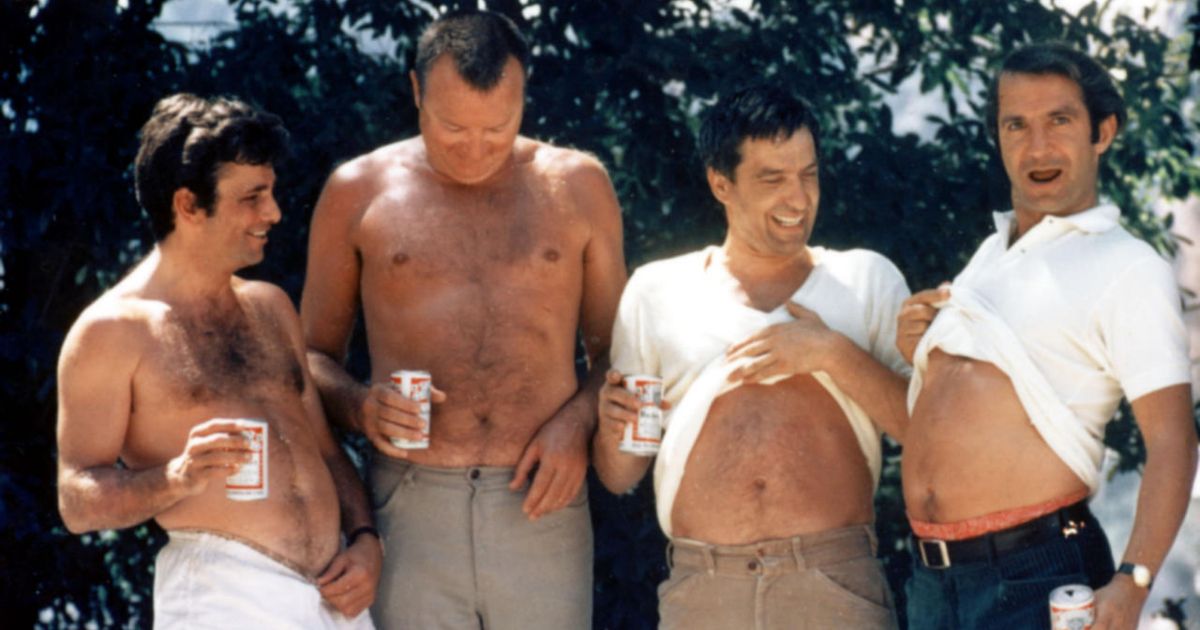
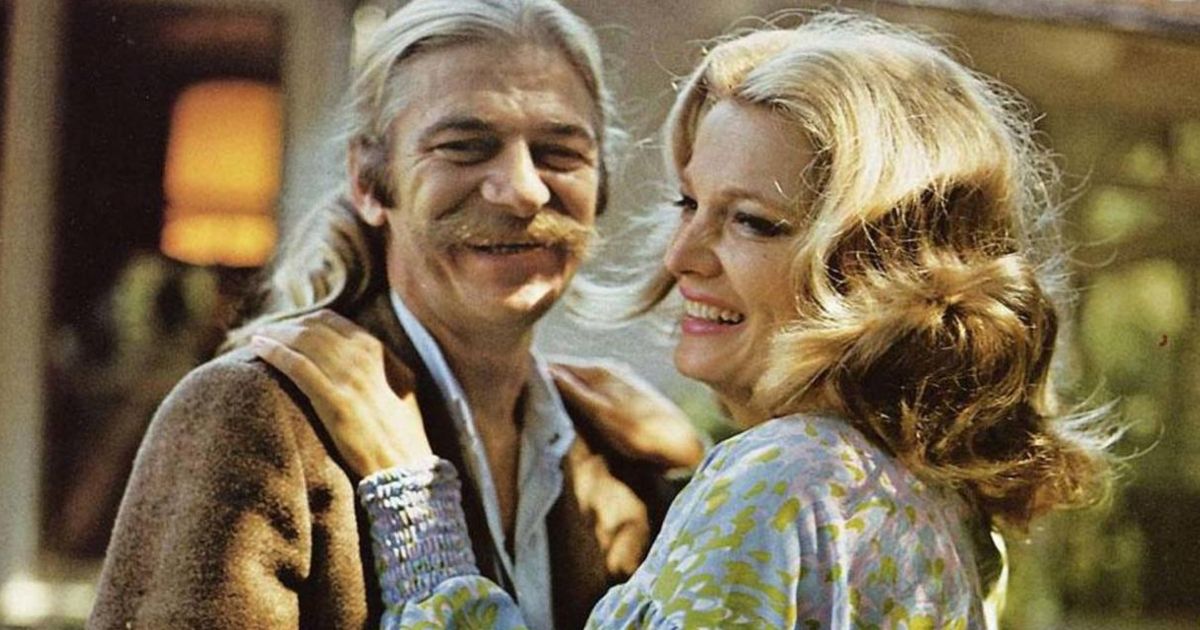
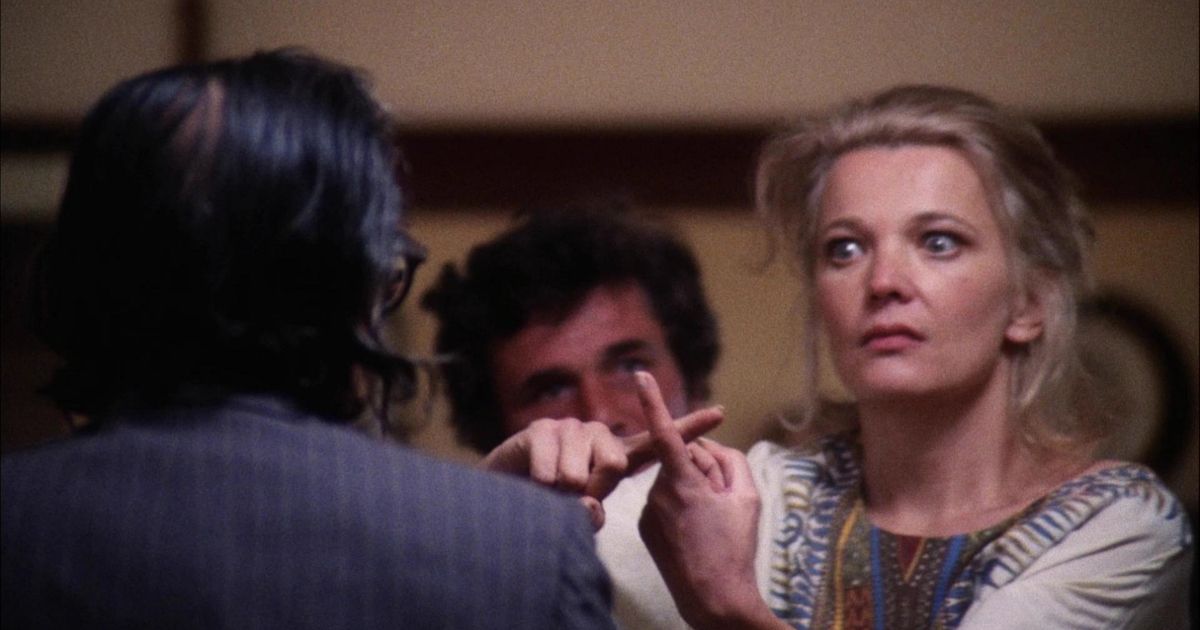
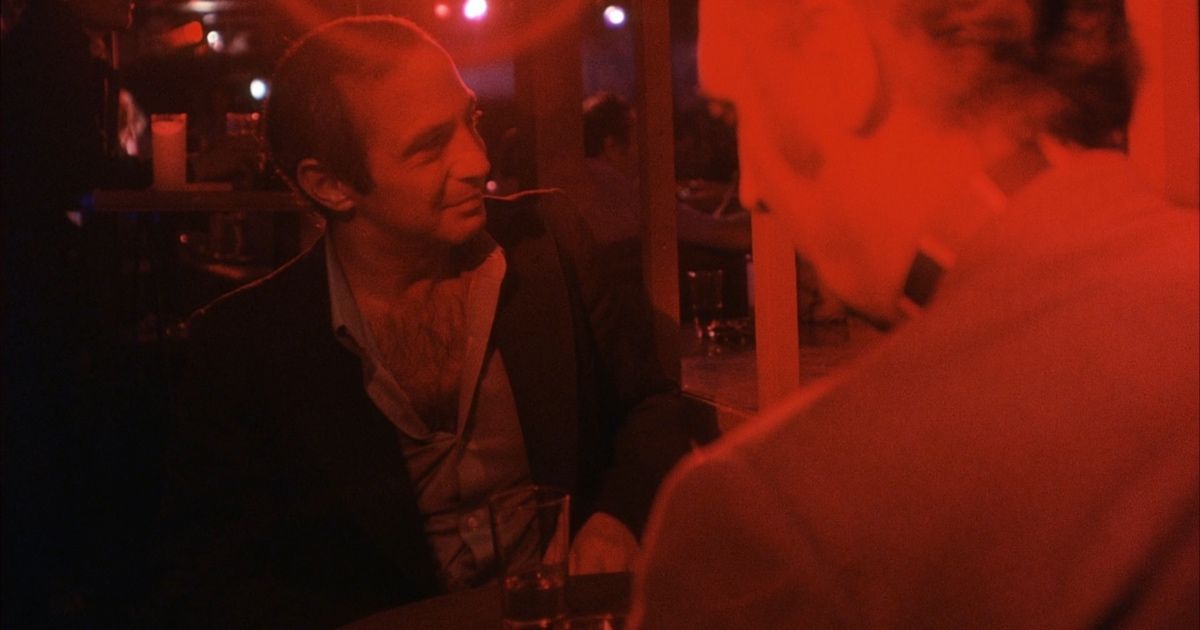
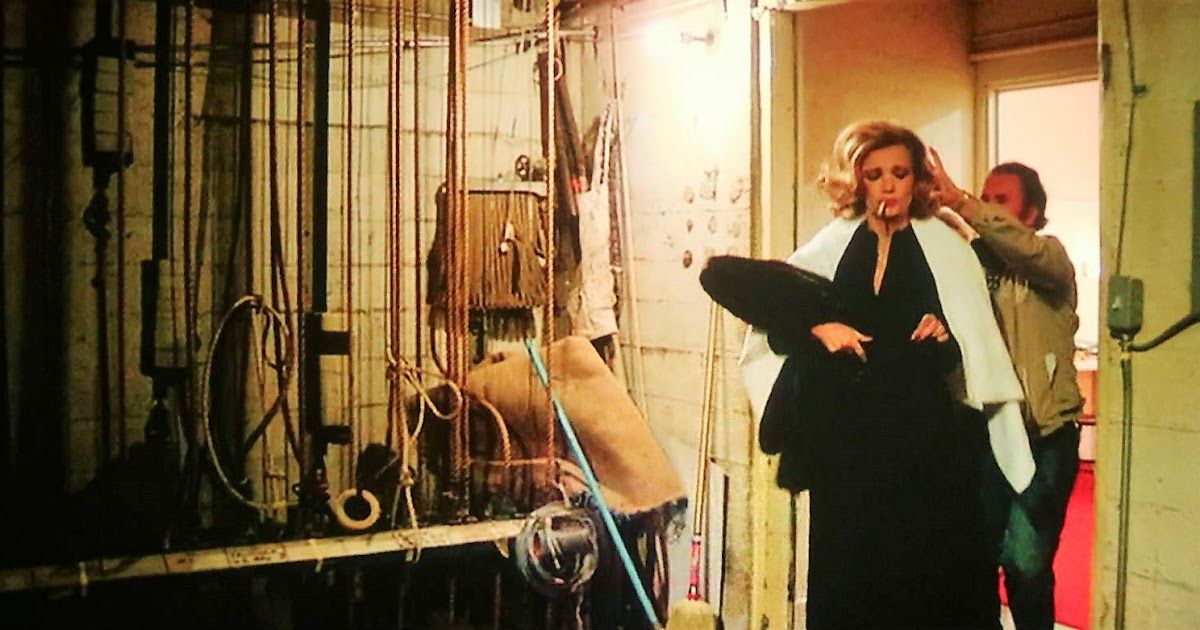

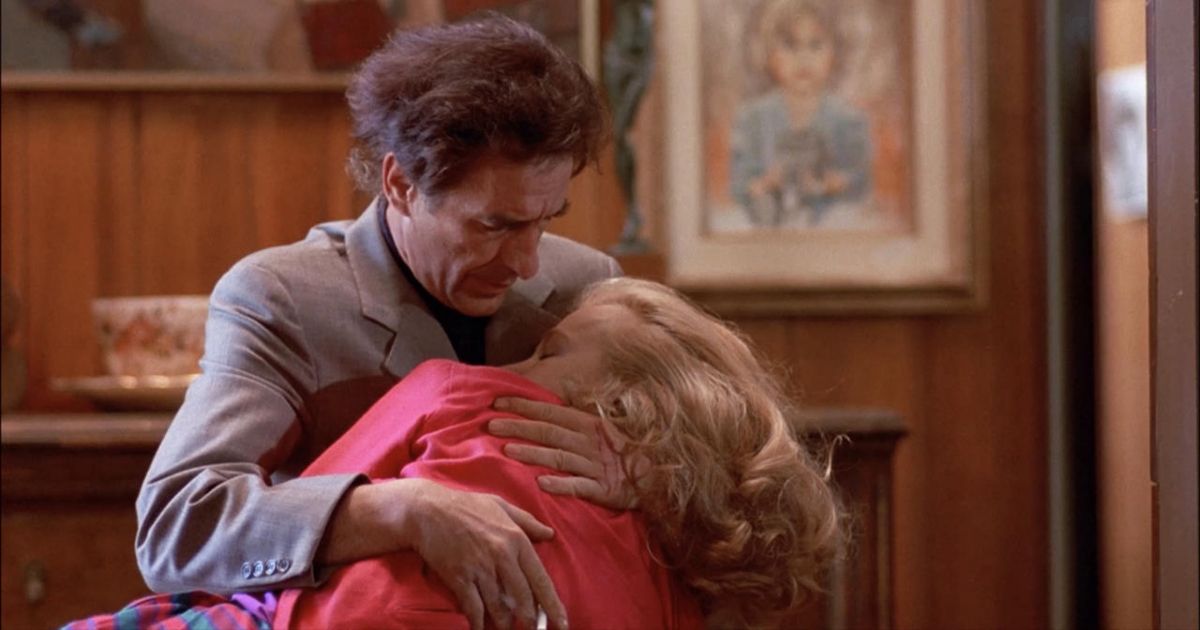
Comments
Post a Comment